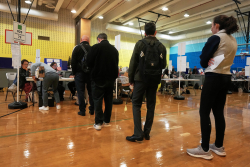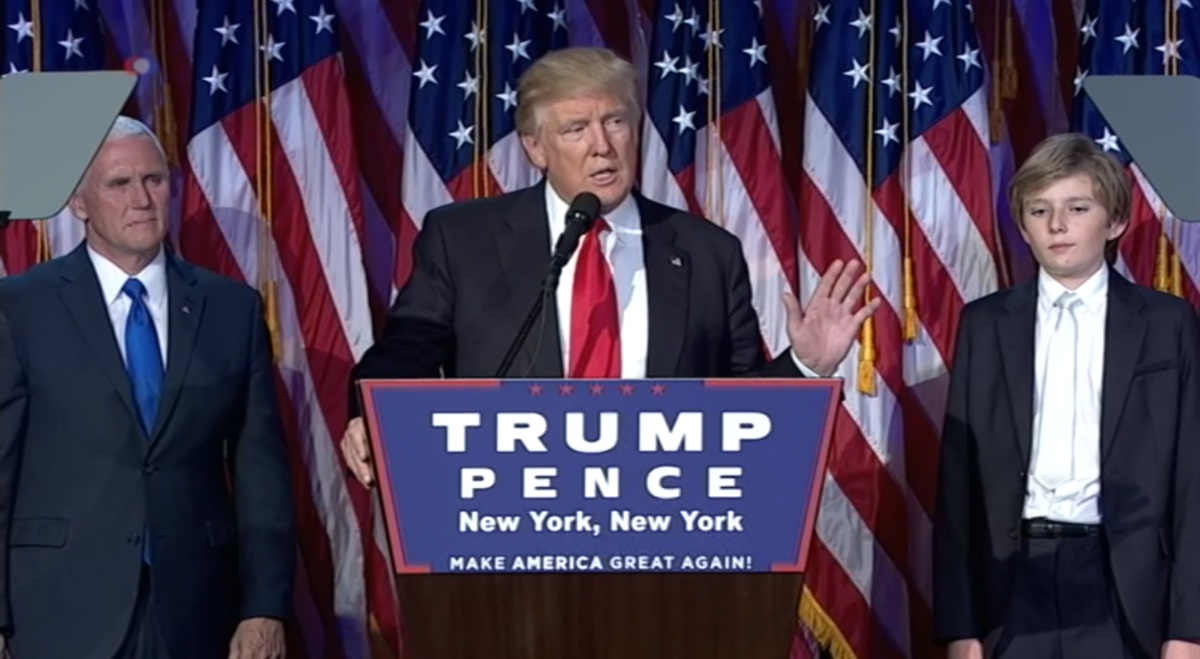Prop 50 Emerges as a Battleground (Image Credits: Unsplash)
California – In the thick of a tense election season, the air hums with urgent calls to action as everyday workers rally behind a ballot measure that could shake up national politics.
Prop 50 Emerges as a Battleground
Picture this: a special election where California’s congressional map hangs in the balance, all tied to broader fights in Washington. Proposition 50 isn’t just about redrawing lines on a map. It’s a strategic move to boost Democratic chances in Congress, especially after moves from states like Texas that favor Republicans.
Governor Gavin Newsom pushed this measure as a response to those changes, aiming to protect progressive values at home. Voters face a clear choice on November 4, with ads flooding screens to sway opinions. The stakes feel personal for many, linking local districts to national power plays.
Early polls show a tight race, but the real energy comes from grassroots funding that’s turning heads.
Unions Step Up with Serious Cash
Here’s the surprising twist: labor groups across California are leading the charge with deep pockets. Teachers’ unions, carpenters, state employees, and nurses have funneled millions into the yes campaign. Their goal? To safeguard policies they see under threat from the current administration.
This isn’t random support. These organizations view Prop 50 as a direct counter to federal agendas that could cut healthcare funding or raise living costs through tariffs. By reshaping districts, they hope to secure more allies in Congress who fight for working families.
The influx has created a funding edge for proponents, outpacing opponents in recent reports. It’s a reminder of how local votes ripple outward.
The Trump Factor Fuels the Fire
President Trump’s policies have lit a fuse under this effort. Unions frame Prop 50 as essential resistance, protecting communities from what they call attacks on rights and services. Deportation plans and economic shifts top their list of concerns.
Campaign messaging ties the measure straight to these issues, urging voters to see it as a frontline defense. Supporters argue that without this redistricting, California’s voice in Congress weakens against right-leaning shifts elsewhere.
Opposition tries to flip the script, warning of gerrymandering risks, but the anti-Trump narrative resonates strongly in a blue state.
Big Names Weigh In on Both Sides
The drama amps up with celebrity involvement. Former President Obama and ex-Governor Arnold Schwarzenegger have voiced opposition, calling for fairer processes without partisan tweaks. Their pleas add star power to the no side, appealing to moderates wary of one-party dominance.
Yet, the yes camp counters with its own heavy hitters, including the California Democratic Party. They highlight how the measure evens the playing field after other states redrew maps to their advantage. It’s a clash of visions, from balanced representation to strategic empowerment.
Voters sift through these endorsements, often aligning with their core values on national issues.
How the Money Flows and Influences the Race
Funding tells a story of priorities. Pro-Prop 50 groups have raised far more than foes, thanks to union contributions and progressive donors. This cash buys airtime, door-to-door efforts, and digital outreach that reaches millions.
Key players include the California Federation of Labor, which sees the measure as a bulwark for workers’ rights. Their investments aim to mobilize turnout in key areas, where small shifts could tip districts blue.
- Teachers’ unions: Backing education-friendly reps.
- Carpenters and builders: Focused on job protections.
- Nurses and state workers: Prioritizing healthcare and public services.
- Overall labor council: Coordinating the broad push.
What Victory Could Mean for the Nation
If Prop 50 passes, California could send more Democrats to Congress, potentially stalling conservative bills on immigration and the economy. It might inspire similar moves in other states, reshaping the House balance.
Defeat would signal limits to state-level pushback, emboldening federal agendas. Either way, the outcome spotlights how ballot measures intersect with presidential power.
Polls suggest motivation stems from national frustrations, with many voters eyeing Trump’s record.
Key Takeaways
- Unions view Prop 50 as a shield against federal cuts to vital programs.
- The campaign’s funding gap favors yes votes, driven by labor investments.
- National figures like Obama add weight, but local concerns dominate the debate.
In the end, Prop 50 boils down to who controls the conversation in Congress, with unions betting big on a future that aligns with their fight. It’s a pivotal moment for California and beyond. What side are you leaning toward as the vote nears? Share your thoughts in the comments.








